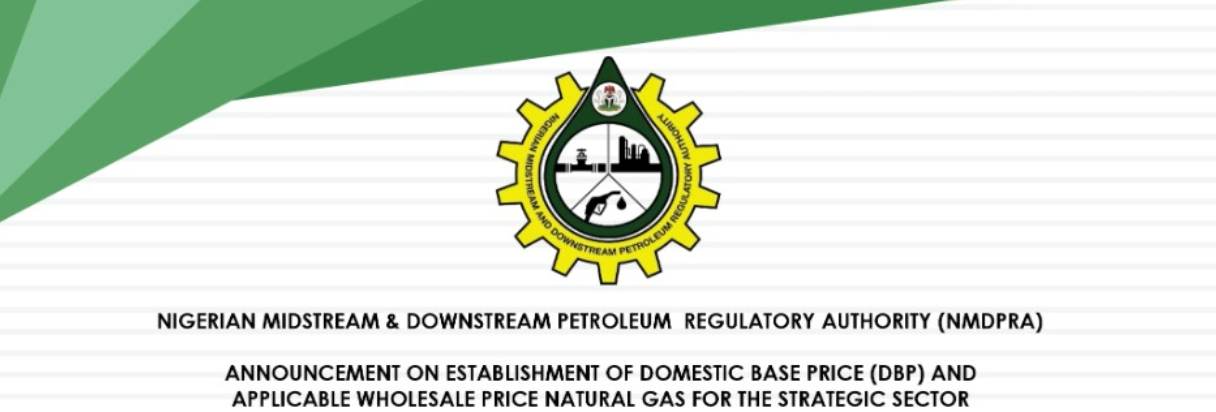The Nigeria Centre for Disease Control (NCDC) has detected a confirmed case with the
SARS-CoV-2 Delta variant, also known as lineage B.1.617.2.
This was disclosed in a statement signed by the Head of Communications, Dr. Yahya Disu saying that the variant was detected in a traveler to Nigeria, following the routine travel test required of all international travelers and genomic sequencing at the NCDC National Reference Laboratory, Abuja.
TheFact Nigeria noticed that there has been some relaxation of precautionary measures by the public following a decline in the number of confirmed cases of the disease.
According to the statement, “The Delta variant is recognised by the World Health Organization (WHO) as a variant of concern, given its increased transmissibility.
“The variant has been detected in over 90 countries and is expected to spread to more countries. The variant has also been linked to a surge in cases in countries where it is the dominant strain in circulation. There are ongoing studies to understand the impact of the variant on existing vaccines and therapeutics.
“As part of Nigeria’s COVID-19 response, NCDC has been working with the Nigerian Institute of Medical Research (NIMR), African Centre for Genomics of Infectious Diseases (ACEGID), and other laboratories within the national network, to carry out genomic sequencing.”
This, it explained was to enable the detection of variants of concern, and initiate response activities.
The statement also disclosed that all data on variants from Nigeria have been published on GISAID, a global mechanism for sharing sequencing data.
Given the global risk of spread of the Delta variant, positive samples from international travelers to Nigeria were being sequenced regularly.
“The Government of Nigeria through the Presidential Steering Committee (PSC) has initiated several measures to reduce the risk of spread of COVID-19.
“This includes the introduction of travel restrictions from countries where there is a surge in cases associated with widespread prevalence of variants of concern.

“The national travel protocol which includes compulsory seven-day self-isolation and repeat test on the seventh day after arrival, are in place to reduce the risk of spread of the virus. It is very important that this is strictly adhered to, to prevent a surge in COVID-19 cases in Nigeria,” the statement read.
Given the high transmissibility of the Delta variant and following its detection in Nigeria, The NCDC urged all Nigerians to ensure strict adherence to proven public health and social measures such as physical distancing, frequent
handwashing, and proper use of face masks to prevent infections.
It encouraged the public to get vaccinated, saying that the COVID-
19 vaccine was safe and effective and offers protection against the disease.
It also urged states to ensure sample collection and testing for COVID-19 was
accessible to the public.
Public settings such as schools with accommodation facilities, workplaces and camps were advised to utilise the approved Antigen-based Rapid Diagnostic Test (RDT) for rapid testing of their population.
Dr. Chikwe Ihekweazu, Director General of NCDC said, “Although we have seen a low number of COVID-19 cases in Nigeria in the last eight weeks, it is incredibly important that we do not forget to be careful.
“The surge in cases in countries across the world and Africa is an important reminder of the risk we face. Please protect yourselves and the people you love by adhering to the known public health and social measures, getting vaccinated if you are eligible and getting tested if you have symptoms.
“The recommended control measures to limit the spread of the Delta variant continue to be testing, following the existing public health guidance and abiding by the current travel and public restrictions.”






































